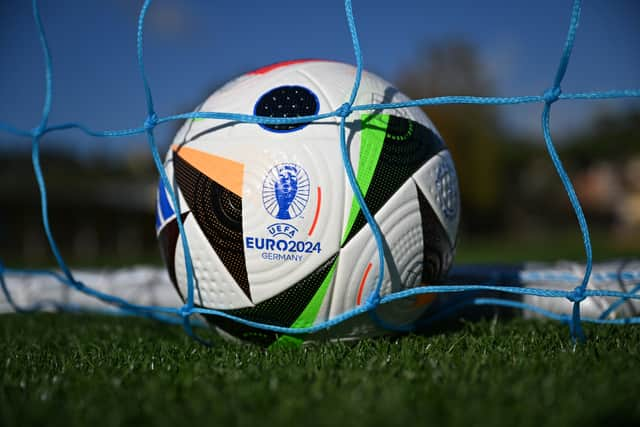Current Odds For The EURO 2024 Football Tournament
The UEFA European Championship or Euros draws spectators all over the world. This unites them under a common thing for thrilling, high-level football. And from that, the upcoming EURO 2024 has become a popular topic – making the odds of EURO 2024 football betting a big talk among bettors now.

Analyzing the Front-Runners
The all-time favorites always headline the list of potential winners. Teams such as France, Germany, and Spain have the shortest odds due to their victorious pasts.
However, football has been a stage for upsets and fairy tale stories. With players’ increasing mobility and access to international leagues, even underdogs enter the tournament with world-class talents who can actually dismantle the odds.
Rising Contenders and Dark Horses
Every tournament has a dark horse, and EURO 2024 is no exception. Nations such as Belgium and Portugal, with their golden generations easing into the sunset, still possess the firepower and experience to make a deep run. Meanwhile, nations like Italy, who have historically fluctuated between awe-inspiring performances and puzzling dips, provide a rich tapestry of possibility and intrigue.
The ascent of smaller footballing nations is also a trend to watch. Teams that have spent years investing in youth development and creating competitive domestic leagues are starting to see the fruit of their labors.
These nations, often entering the tournament with longer odds, are increasingly viewed not just as participants, but as legitimate contenders capable of scripting their own David versus Goliath narrative on football’s grandest stage.
The Tactical Landscape
Tactics and coaching styles do indeed influence the pre-tournament odds. Managers with a track record of success in international tournaments often inspire confidence in the betting markets.
An astute tactical plan can often be the difference between an early exit and a place in the annals of football history. In the lead up to EURO 2024, the personnel at the helm and their tactical philosophies will be dissected to gauge how they might tilt the odds in their team’s favor.
Home Field Advantage
The impact of hosting the tournament confers an edge to Germany. Historically, host nations benefit from familiar conditions, passionate support, and the absence of travel fatigue. Germany’s odds are buoyed by their tradition of footballing excellence, coupled with home-field leverage. As the host, they will seek to make a profound statement on their own soil.
Pandemic Aftermath
Lastly, the lingering effects of the pandemic may still play a role in shaping the odds in EURO 2024 football betting. The toll of compressed schedules, heightened injury risks, and potential travel restrictions might influence team performances. Fitness and squad depth could become even more critical, shifting odds as bettors consider these pandemic-induced variables.




